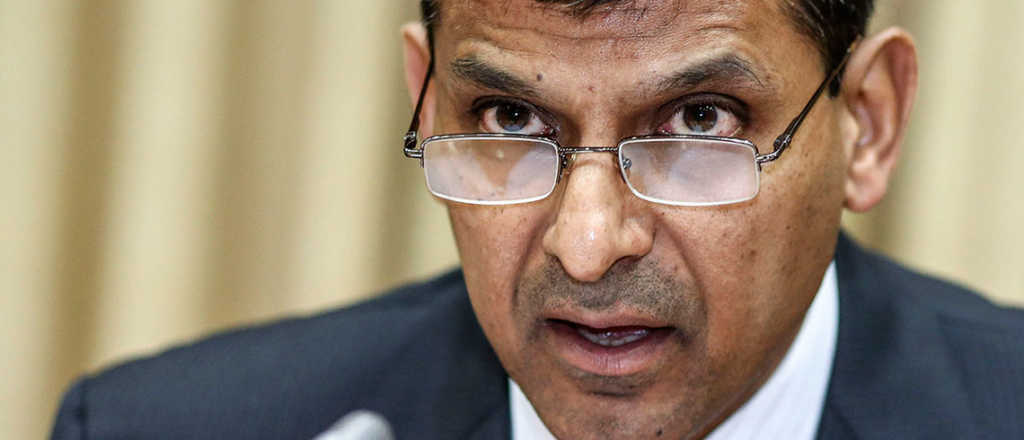The 80:20 gold import scheme started during UPA years is under scanner. Last month BJP lawmaker Nishikant Dubey demanded a probe by the Central Bureau of Investigation (CBI) and the Enforcement Directorate (ED) against former former finance minister P Chidambaram, former RBI governor Raghuram Rajan, and finance ministry officials. Raghuram Rajan, the then governor of RBI had defended the scheme in an interview by saying that “objective criteria” was followed. “The people who did not make money objected against the people who did make money but the people who made money were objecting against others –this kind of thing keeps going on,” Rajan said. The scheme was started in August 2013 with the aim to curb gold imports in the country. The macroeconomic indicators, especially Current Account Deficit (imports over exports) were widening and rupee was going down. Gold imports were the second largest imported commodity after petroleum in the country. So, the government brought 80:20 scheme to curb gold import.
Under this scheme, 80% of gold imports under the scheme could be sold in the country, at least 20% of imports had to be exported before importers could bring in new consignments. This brought down gold imports but hurt jewellery exports too. So, the association of bullion traders and jewellery exporters met RBI and approached ministry of finance to relax the rules. By May 2014 the current account deficit came down due to historically low oil prices. The UPA government which had few days left in the government decided to allow private companies including Premier Trading Houses and Star Trading Houses to import gold under 80:20 scheme. Till now only like public sector companies like State Trading Corporation (STC), Metals & Minerals Trading Corporation of India (MMTC) and few government agencies were allowed to import gold.
According to CAG report “gold imported by 13 trading houses during June 2014 to November 2014 was 282.77 MTs which means a windfall gain of about Rs 4500 cr to these agencies during this period, assuming a premium of Rs 2 lakh per kg and 80% of imported gold supplied to domestic market earning the premium.” These companies were not even meeting with export targets as bangles and chains were being exported by these companies to their own shell companies that were melted and brought back under 80:20 scheme. Law minister, Ravi Shankar Prasad recently alleged that the scheme was brought by then finance minister P Chidambaram to benefit jewelers like Nirav Modi and Mehul Choksi, the main accused in 13000 crore PNB fraud case. Directorate of Revenue Intelligence (DRI) has warned the finance ministry that scheme could be used money laundering but Chidambaram decided to go with it. In the post-liberalization period, the imports by Premier Trading Houses and Star Trading Houses rose by 320 percent and they accounted for 60 percent of total market imports compared to just 20 percent before liberalization period.
The Modi government reviewed the 80:20 scheme and found many discrepancies in it. So the government requested RBI to scrap the scheme to which RBI followed in November 2014. “Accordingly, all instructions issued about the scheme from time to time starting with circular number 25 dated August 14, 2013, stand withdrawn with immediate effect,” the RBI said. The investigating agencies are now examining the case under the Prevention of Corruption Act to find out whether any public official benefitted from the scheme.
